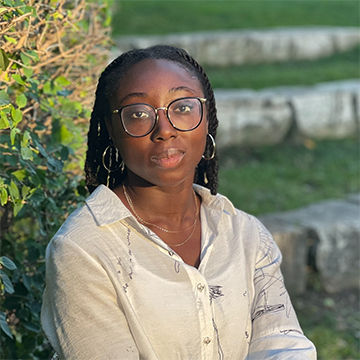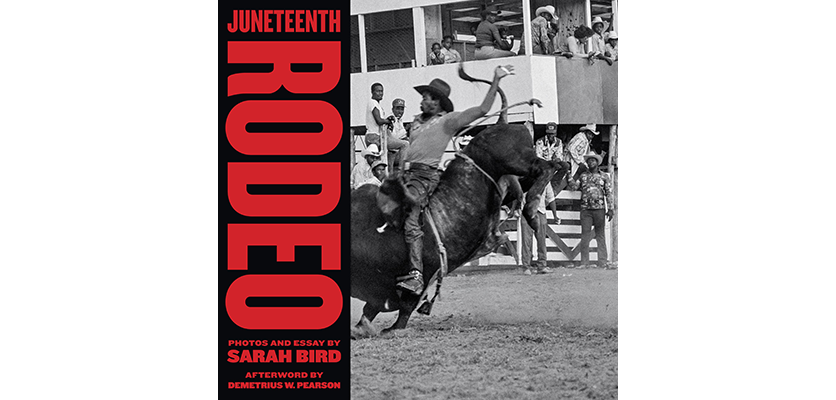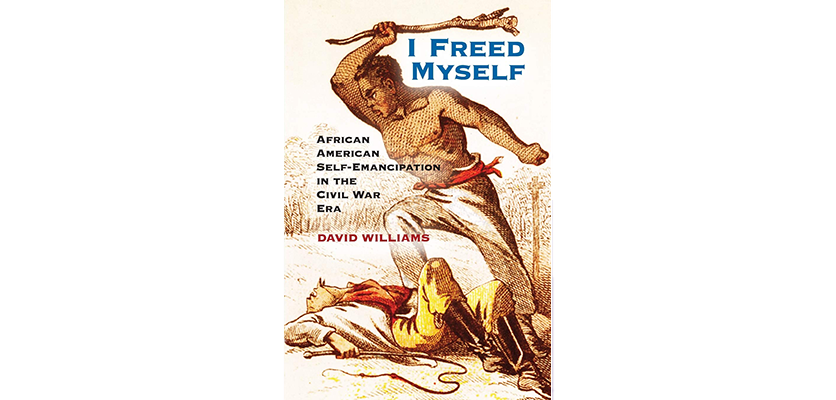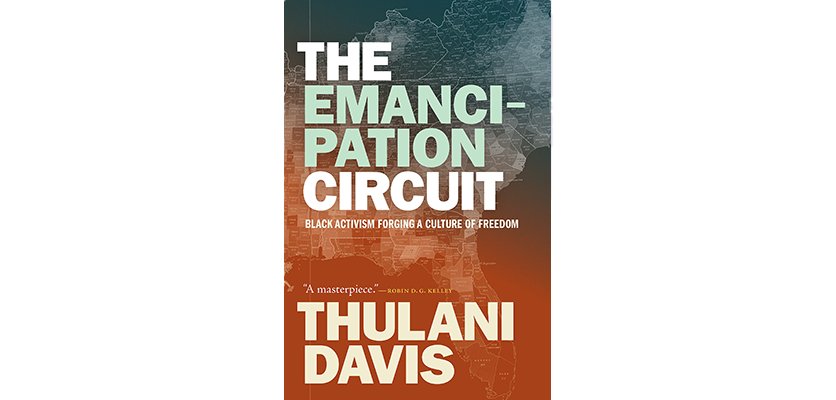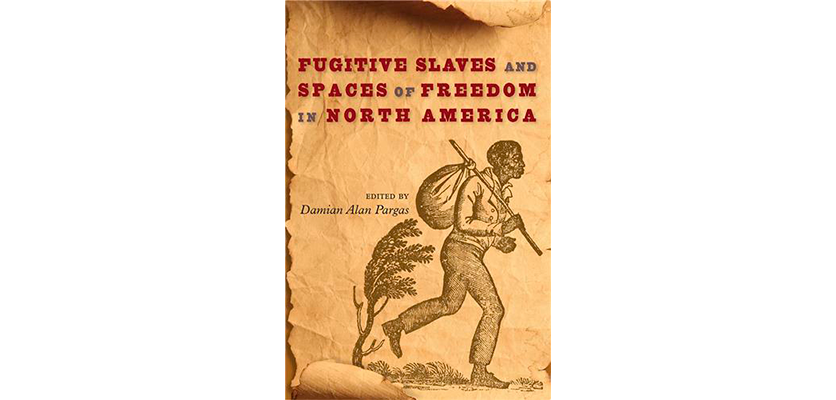Juneteenth Resource Guide
A Reckoning: Reclaiming the Past, Remembering Black Voices, Reshaping the Future
Juneteenth, also known as Freedom Day or Emancipation Day, is a day dedicated to commemorating the liberation of enslaved Black people from slavery in the United States. On January 1, 1863, President Abraham Lincoln issued the Emancipation Proclamation, declaring that enslaved people in the Confederate states were freed from slavery. However, it took two more years for the enslaved people of Galveston, Texas to learn about their freedom when Union General Gordon Granger read General Order No. 3 on June 19, 1865.
The celebration of Juneteenth has a long-standing history and has spread across the country as African Americans migrated. The day is often regarded as a second Independence Day and is celebrated with picnics and parades. On June 17, 2021, Juneteenth was recognized as a federal holiday. The Black Professionals Network held its first Juneteenth celebration at Northwestern University on June 15, 2022.
Juneteenth Annotated Resources 2025
National Museum of African American History & Culture - Juneteenth Digital Toolkit
This digital toolkit from the National Museum of African American History and Culture includes short films, a reading list for children, recipes, playlists, downloadable infographics, church fans, and activities, and much more. If you’re looking for a way to give back and learn more about Black Americans’ experiences with emancipation, follow the link at the bottom of the page and volunteer to transcribe the records of the Freedmen's Bureau online.
Juneteenth | Gilder Lehrman Institute of American History
An educational resource on Juneteenth and its history that features self guided courses, essays by historians, primary source documents and images, and a 30 minute short film.
Voices Remembering Slavery: Freed People Tell Their Stories | The Library of Congress
Library of Congress’ collection of 66 digitized recordings of interviews with formerly enslaved Black Americans narrating their experiences of enslavement and emancipation recorded between 1937 and 1975. See also: Faces and Voices from the Presentation, a digital exhibit that features photographs of several interviewees.
Not Your Momma's History: About Us
Not Your Momma’s History, founded by Cheyney McKnight, produces and consults on historical projects and programming about slavery and the African experience within 18th and 19th century America. McKnight’s historical interpretation work centers material culture, clothing, and primary sources, providing a special lens into the everyday lives of Black people of this time. Check out her Instagram page and YouTube channel.
Encountering Juneteenth: Cultivating Homeplace in the Face of Spectacular Violence Geniece Crawford Mondé
In this article, Geniece Crawford Mondé discusses her experiences with Juneteenth celebrations in the summer of 2020 as spaces for ‘(self)knowledge and restoration’ through themes of Black Joy, Black Pain, and Unapologetic Blackness. A valuable reminder of how important this holiday and Black spaces can be, especially in our current troubling times.
Book Gallery
About Yujay Masah
